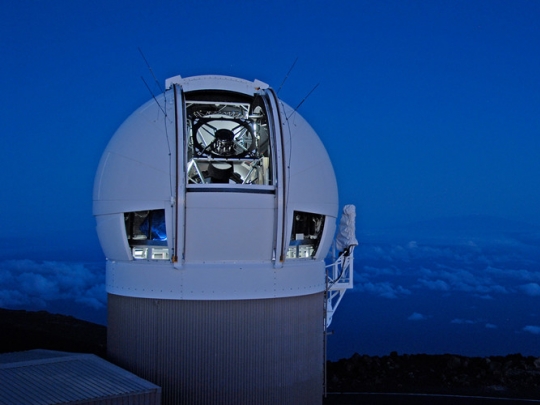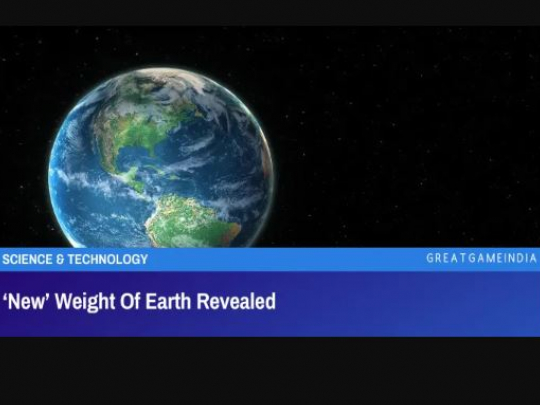‘Our solar system just got weirder’: Bizarre new planet with offbeat orbit stumps scientists

A tiny, mystery planet located on the far side of Neptune is breaking all the rules and leaving scientists baffled.
Niku, named after Chinese word for ‘Rebel’, has a diameter of just 200km (120 miles), is 160,000-times smaller than Neptune and behaves like no other similarly-sized planet in the Solar System.
This trans-Neptunian object orbits the Sun in a retrograde direction, meaning it rotates in the opposite direction to the Sun’s rotation. The angle it takes for this unusual orbit is at 110 degrees to the flat plane of the Solar System, on which other planets move around the Sun.
And that means it’s currently above the plane and rising higher but will eventually cross over, dropping below the plane as it continues its orbit. The fact that its orbit is retrograde was likely caused by a collision with an unknown mass or a gravitational pull by a mystery force.
“Angular momentum forces everything to have that one spin direction all the same way,” said Michele Bannister, an astronomer from Queen’s University, Belfast in Northern Ireland. “It’s the same thing with a spinning top, every particle is spinning the same direction.”
Matthew Holman of Harvard-Smithsonian Centre for Astrophysics was among the team of scientists who discovered Niku and admits this phenomenon throws up many questions.
He said: “It suggests there's more going on in the outer Solar System than we're fully aware of.”
It's quite possible Niku is part of a group of highly-inclined objects all moving in a strange orbital pattern around the Solar System.
The discovery of another group of strangely-related objects in the Kuiper belt led to the claim earlier this year by Caltech scientists Konstantin Batygin and Michael E. Brown that there was a massive ninth planet in the far reaches of our Solar System.
The appropriately-named Planet Nine is said to be 10-times as big as Earth and orbits the Sun once every 10,000 to 20,000 years.
“Whenever you have some feature that you can’t explain in the outer solar system, it’s immensely exciting because it’s in some sense foreshadowing a new development,” Batygin told New Scientist.
- Source : RT















